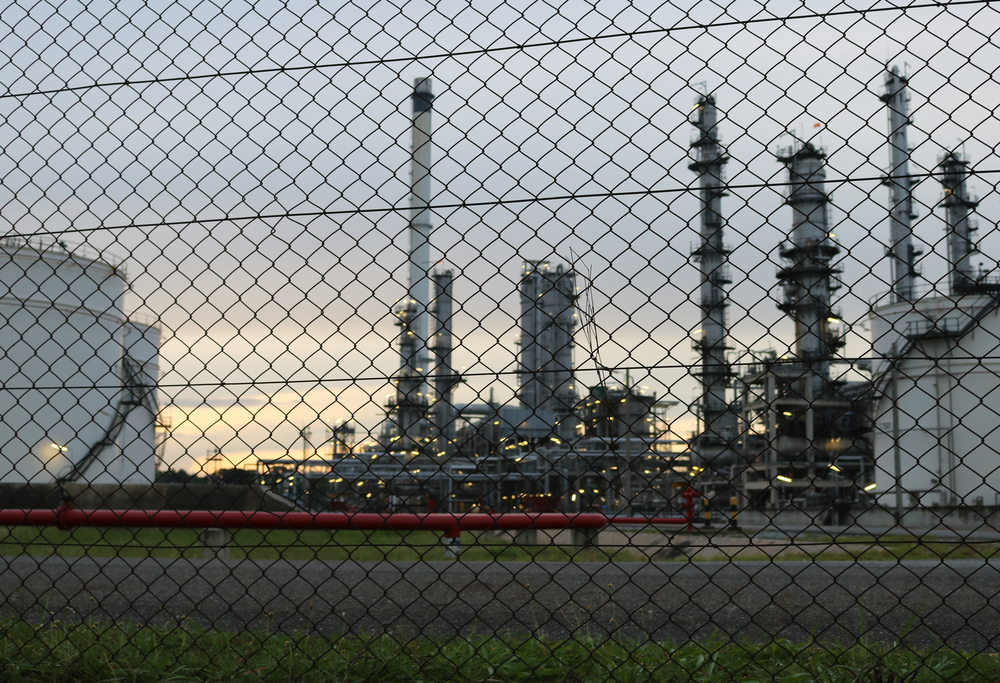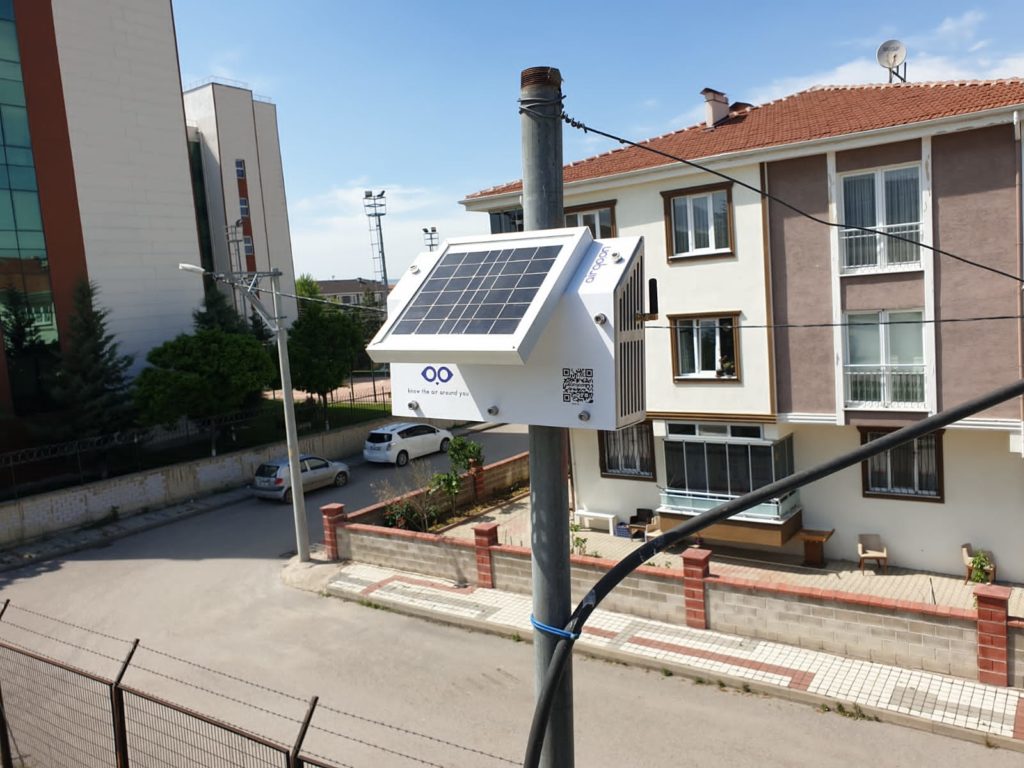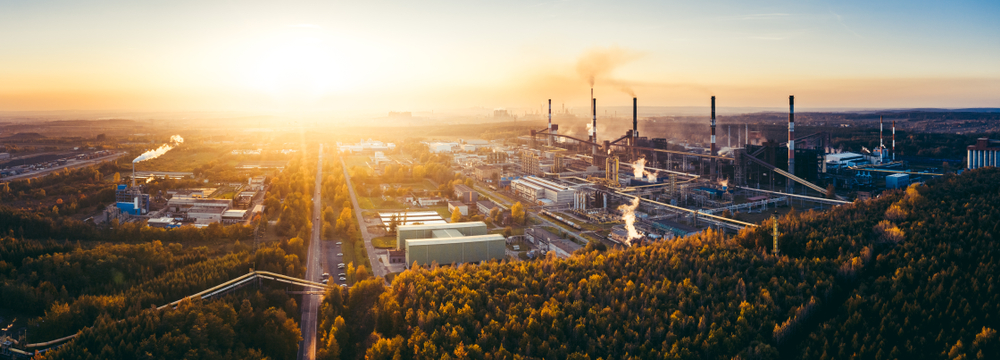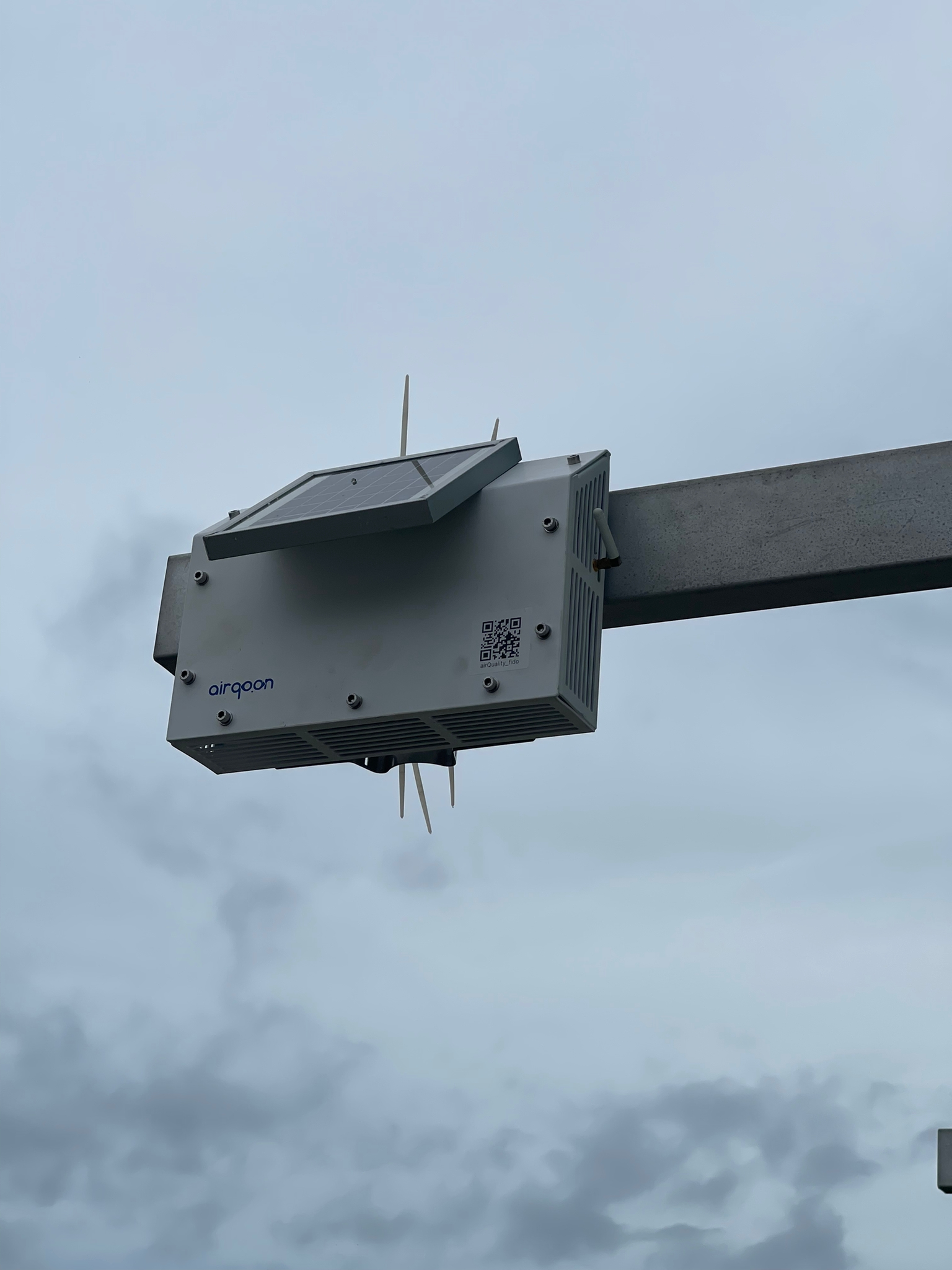
These days, when the prevention of the effects of climate change gains importance, change and transformation in this direction in the Organized Industrial Zones are becoming inevitable.
Greenhouse gas emissions in the industrial sector, which have a significant share in greenhouse gas emissions worldwide, are primarily due to greenhouse gas emissions from burning fossil fuels for energy and specific chemical reactions required to produce goods from raw materials. With the Paris Agreement and the Green Deal, a new growth model focused on protecting the climate and the environment has been adopted. This new era is also called the Green Deal.
In this context, the industry sector needs to shape all its policies to protect the climate and the environment with the Green Organized Industrial Zones project.
Challenges in the OIZ sector related to air quality management
- Emission of greenhouse gases that trigger climate change —Organized Industrial Zones emit large amounts of greenhouse gases, primarily carbon dioxide (CO2), methane (CH4), nitrogen oxides (NOx), sulfur dioxide (SO2), and fugitive VOCs that contribute to climate change
- High risk of emission leaks —The fact that the background pollution studies in the OIZ are not carried out with continuous monitoring causes the emission inventory not to be formed and its pollution sources not to be determined
- High public concern —High impact of industry on air pollution, looking at all industrial facilities with the same perception, tightening control mechanisms
- High cost of air quality measurement tools —Air quality measuring stations certified by the EU (and similar organizations) are costly to purchase and operate. In addition, these stations are not smart enough to broadcast the measurement to the Cloud in real-time, and they need other pieces of equipment to do this job, resulting in increased operating cost
- Lack of control in environmental management —Spatial management of air quality monitoring at only a few points in facilities increases maintenance costs while reducing resource efficiency and emission control
Solution: Airqoon
Airqoon is a low-cost and easy-to-use hyper-local air pollution management solution that provides real-time, data-driven, actionable environmental intelligence to companies in the OIZ.
- Airqoon sensor units are backed with airqoon cloud, and their compact size allows real-time air quality monitoring at every production stage.
- Analyzing real-time and historical measurement data, Airqoon prepares monthly and annual air quality performance reports.
- The cloud-based Airqoon sensor units are energy self-sufficient and are managed remotely with minimum intervention for maintenance.
- With the help of continuous monitoring, environmental and occupational health risks are analyzed using high-resolution Spatio-temporal data.















